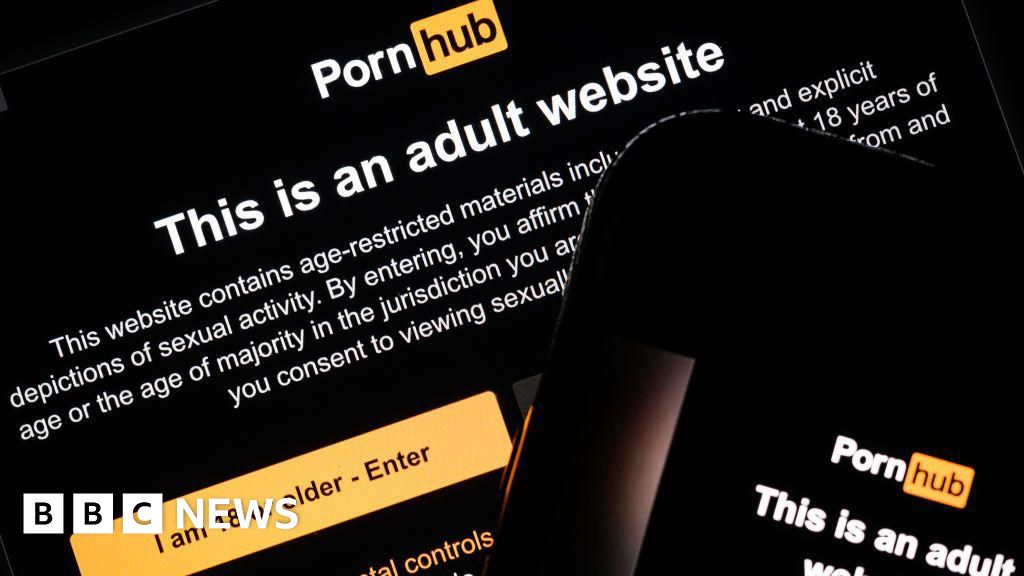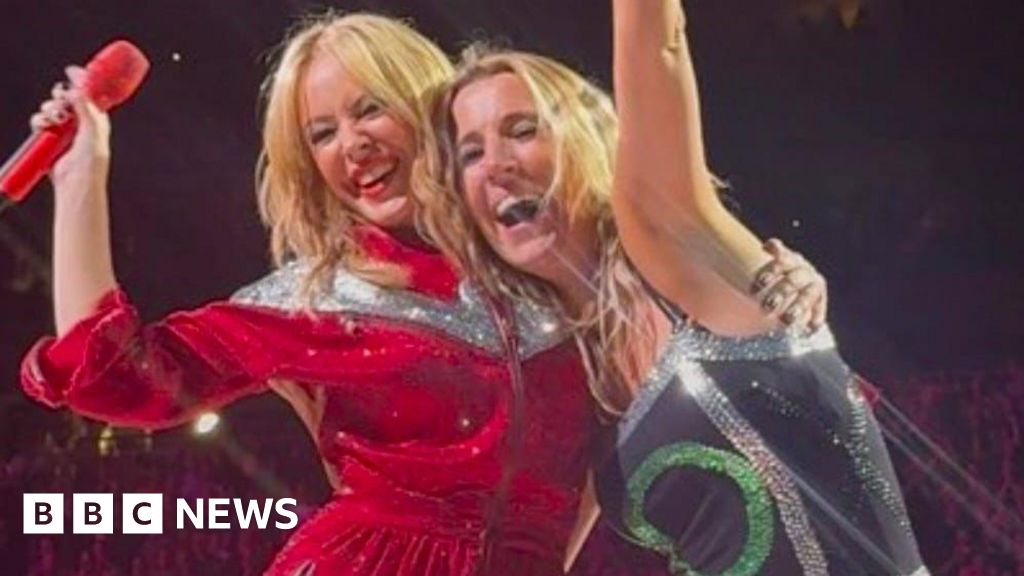- Fashion
Stephen Nolan gets apology in court over social media posts
时间:2010-12-5 17:23:32 作者:Tennis 来源:Lifestyle 查看: 评论:0内容摘要:Mr Martinelli said the bridge had become a "true London icon".Mr Martinelli said the bridge had become a "true London icon".
Worryingly for Yulia and other relatives of the captured civilians, top Ukrainian officials are not pretending to have a stronger idea."I do not see the real, effective approach to returning the civilian detainees to Ukraine," said Dmytro Lubinets, the country's human rights ombudsman. "We do not have a legal basis or the mechanisms for returning them," he said, frankly.

Further complicating the problem is Russia levelling criminal charges against some of those captured during the invasion."And when you see these charges, it is often 'actions against the special military operation'," Lubinets said. "Can you imagine opening an investigation against a Ukrainian civilian for simply resisting the invading Russian army, on Ukrainian territory?"In May, Russia released 120 civilian detainees as part of a larger swap of prisoners of war, and further exchanges are expected. But the numbers are still vanishingly small compared to the tens of thousands said to have been seized – adults and children. And great uncertainty remains over the path towards a negotiated peace.

"You want to believe he is coming home, at the same time you can't believe it," said Petro Sereda, 61, a bus driver from Irpin, near Kyiv, whose son Artym was taken prisoner more than three years ago. "It is extremely difficult."Petro and his wife live in shipping container-style temporary accommodation in Irpin, because their home was destroyed in the invasion. Even three years on, every time the phone rings Petro thinks it might be Artym.

"It is one thing to have a letter saying he is alive, but to hear his voice… That would be the joy that he is really alive."
The families live like this, in desperate hope. The dream is that they get to see their loved ones again. It is not a straightforward dream, though – some fear that Russian captivity will have caused lasting damage.In reality, Hafeez was himself what US officials described as "one of the world's most prolific drug traffickers".
From his residence in the UK, he was the puppet-master of a vast drugs empire, supplying many tonnes of heroin, methamphetamine and hashish from bases in Pakistan and India that were distributed across the world. The gangs he informed on were his rivals - and his motivation was to rid the market of his competitors.His status in the underworld earned him the moniker "the Sultan".
But this criminal power and prestige would not last forever. After a complex joint operation between the British and American authorities, Hafeez, 66, was extradited from the UK in 2023. He pleaded guilty last November.On Friday, he was sentenced to 16 years in a New York prison for conspiring to import drugs - including enough heroin for "millions of doses" - into the US. Having been in custody since 2017, Hafeez’s sentence will end in 2033.
- 最近更新
- 2025-07-07 07:13:38When should you refinance your student loans? Up-to-date info on the changing landscape
- 2025-07-07 07:13:38Home equity loan vs. home improvement loan: Which is best for financing your next update?
- 2025-07-07 07:13:38How much can you earn while on Social Security?
- 2025-07-07 07:13:38Brock Purdy avoided offseason drama before signing 5-year, $265 million extension with the 49ers
- 2025-07-07 07:13:38Secure and steady returns: 7 best low-risk investments for retirees
- 2025-07-07 07:13:38Can you use a home equity loan to buy a rental or investment property?
- 2025-07-07 07:13:38Former US Census Bureau director John Thompson, who guided preparations for 2020 head count, dies
- 2025-07-07 07:13:38Vatican could be a venue for Russia-Ukraine talks, Rubio says
- 热门排行
- 2025-07-07 07:13:38Iran has not agreed to inspections or given up enrichment, says Trump
- 2025-07-07 07:13:38What to stream: 'Warriors' album, 'The Dating Game' killer, 'NCIS: Origins' and Travis Kelce's games
- 2025-07-07 07:13:38to the Los Angeles wildfires this year
- 2025-07-07 07:13:38The home of Elon Musk's SpaceX could become an official Texas city called Starbase
- 2025-07-07 07:13:38Martha Stewart's Broiled Tomatoes
- 2025-07-07 07:13:38Josef Newgarden beats teammate Will Power in pit-stop challenge after tough week for Team Penske
- 2025-07-07 07:13:38Bruschetta with Tomato and Basil
- 2025-07-07 07:13:38Should you ever use a 401(k) loan to pay off debt? Pros, cons and considerations
- 友情链接
- Jurassic snark: New Zealand dinosaur sculpture fuels debate How to avoid a puncture on the Moon World-first gonorrhoea vaccine launched by NHS England as infections soar Photographer's focus on city's children after WW2 Trump administration ends Harvard's ability to enrol international students US says Sudan used chemical weapons in war as it issues new sanctions North Korea's Kim slams 'serious accident' at warship launch Taiwan arrests men who travelled from China in small boat New parking measures to tackle beach gridlock How Peter Dutton's heartland lost him Australia's election Taiwan arrests men who travelled from China in small boat What not to miss at Radio 1's Big Weekend 2025 Candles, wreaths, famous faces: VE Day at 80 in pictures The photographs edited 150 years before Photoshop Struggling DNA testing firm 23andMe to be bought for $256m 'They yanked their own plug': How Co-op averted an even worse cyber attack Construction sites appear in Gaza ahead of Israeli-US aid plan rejected by UN, images show Amateur photographers hope to fix Wikipedia's 'terrible' pictures Gary Lineker expected to leave the BBC AI tool put to test sifting public views on botox and fillers Trump meets Republican hard-liners in hopes of moving tax bill forward Pair install blue plaques for city's lost clubs Leading crypto firm Coinbase faces up to $400m hit from cyber attack MP opposes plan for rural energy storage plant Ukrainian seamstress goes from shelling to sewing Life-sized animal puppets to stampede across London Zelensky accuses Russia of 'buying time' to stall truce talks Sudan rebels entirely pushed out of Khartoum state, army says Target sales hit as Trump tariffs take effect AI chatbot to be embedded in Google search
